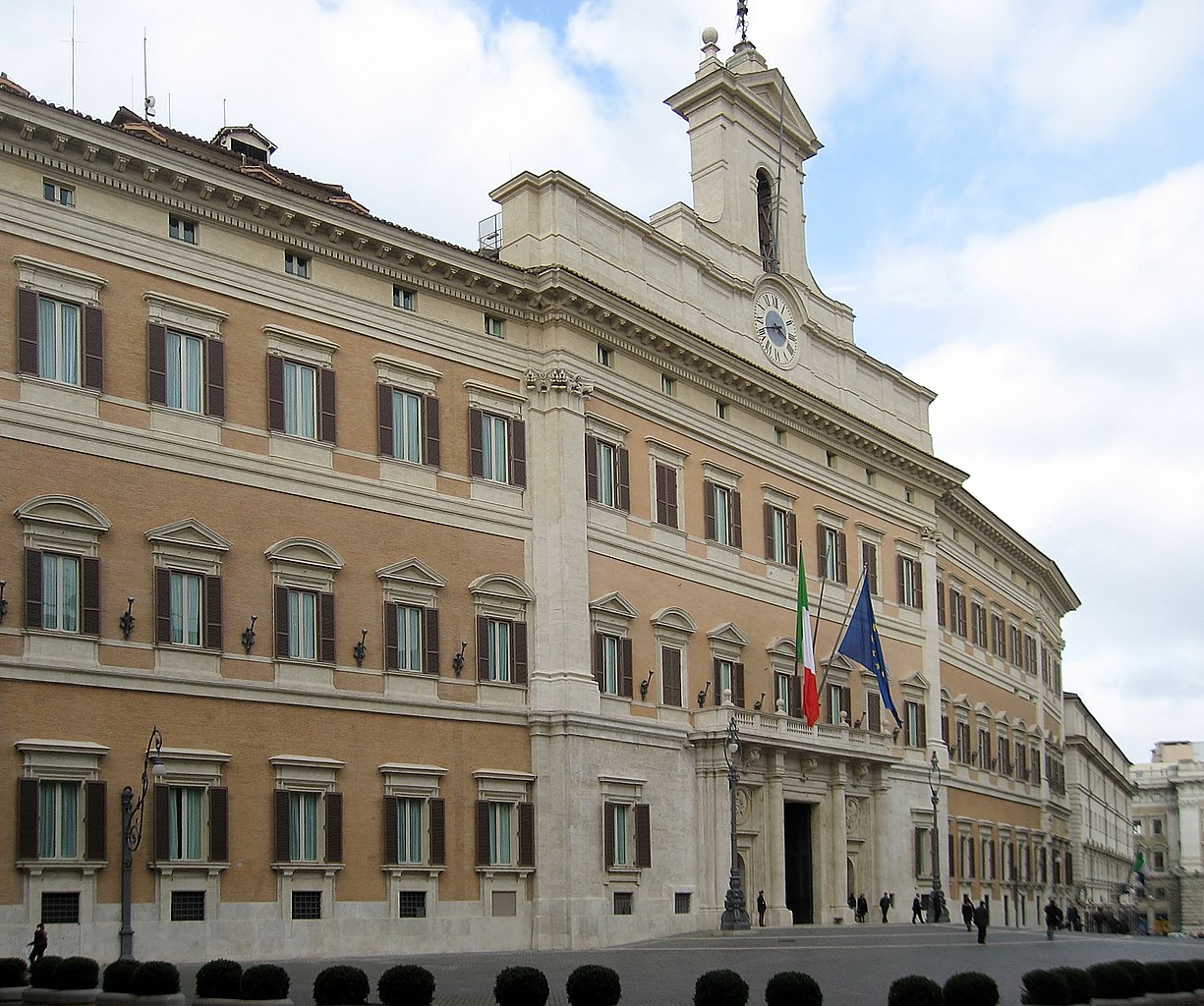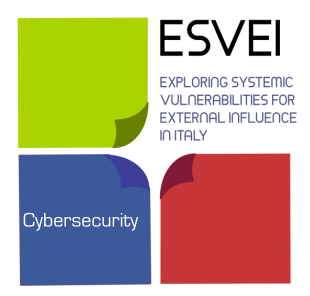
Montecitorio. Photo by Manfred Heyde, CC BY-SA 3.0 , Wikimedia Commons
Some things can be done remotely, but parliamentary activity requires presence, and not only for IT security issues. Interview with computer scientist and former MP Stefano Quintarelli
Stefano Quintarelli, computer scientist and entrepreneur, was an independent MP elected with Civic Choice (without being a member) from 2013 to 2018, and is currently chairman of the steering committee of AgID, the Agency for Digital Italy. In his dual capacity, we asked him to talk about politics and cybersecurity, an especially topical issue also considering the current calls for parliament to work remotely because of the coronavirus emergency.
For a few months in 2013, you were a member of parliament remotely: in that case it was for personal health reasons, but today it is the COVID-19 pandemic that prevents the parliament from meeting live, at least normally. Can you tell us about your experience? What are the limits – and which can or cannot be overcome?
At the time, it was not possible to participate in remote meetings. I followed the works of the parliament thanks to a telephone number that broadcasts them and to WebTV . Then I followed what was streamed from the commission I was part of, but there were few materials. Furthermore, you could not participate in videoconferencing: you could only watch streaming. Now, however, you can also participate in videoconferencing, so it is a little simpler.
All the presentation of acts, documents, legislative proposals, amendments, resolution, questions, interpellations, etc. has always been done remotely, or in any case before 2013, because there is an electronic filing system with digital signature.
What cannot be done is to vote, as physical presence is required, because vote must be free, and if I am at home nobody sees, for example, if I have a gun pointed to my head.
Does the problem concern only secret ballot or also open ballot?
Partly also open ballot, because live I can decide not to vote or not to go to the hall, but these possibilities disappear in remote: "You could have voted with your smartphone from the toilet, why didn't you do it?".
But the voting part is, all in all, the least significant, as it ratifies and consolidates what has already been done. Much of the work is talking, convincing, etc., then once you are convinced you go and vote, but it is the tip of the iceberg. All this would be lost by not going to the hall, so going there is important. Distance makes you lose the perception of the person, while presence makes you see the person and therefore find the points of conciliation, the mediation. It is much easier physically than remotely, after all we are animals. So it is important that the hall remains open, and indeed the Chamber and the Senate are. After all, they remained open even under the bombings.
So, even solving all the technical problems, is live work preferable?
The secret ballot cannot be solved. And not being there affects the overall activity, in particular as regards the open ballot, because it prevents you from practicing many nuances. People always think that being an MP is just going and pressing a button. There are also those who do it this way, but it is only a small minority. The bulk of the job is finding an agreement with other people.
How much and how do parties and politics deal with the country's cybersecurity?
Until the last term, very little. In the last term sensitivity has increased somewhat, also thanks to the work of those who were there, of the innovation intergroup of the time, and today there is a bit of attention. Then, security is something that cannot be achieved in absolute terms, it is an asymptote: you can invest more and more, get closer and closer... Anyone who deals with security would like to obtain infinite investments, infinite time, and infinite resources, but this does not happen. However, today this theme draws an attention that it previously did not.
How much understanding is there of the problem?
Little, but fortunately there are experts, technicians, studies, etc. In the last term only two MPs were cybersecurity experts and understood what it meant.
The problem is that in general there is a poor understanding of all digital themes because you are not forced to deal with them for your work. The ICT aspects concern the Transport Commission, and appear to have less dignity than the roundabout of the bridge over the Tanaro or something like that. It would be advisable to isolate these issues and move them to a Commission for technological innovation where we talk about these things and specialise on that. Not just MPs, but also the staff of the various commissions is highly competent on the core part of the commission's activity, not on the marginal activities. As long as these issues remain marginal, even officials do not know much about them. It would be advisable to have a specialised commission.
How much attention do parties and MPs pay to the cybersecurity of their communications?
Very little. Even Hillary Clinton used an external email. I have never been a member of a party so I cannot say how it works, but in general sensitivity is very low, even on espionage. The problem is not just technological: it is colleagues and friends themselves who stab you, the "internal traitor" is normal, and a screenshot can always be taken.
Can anything be done to increase party awareness of these issues?
In my opinion there should be a law that implements the rule of the Constitution which provides for the democratic management of parties. Today parties, with exceptions, are not managed democratically, they are not open to democratic contention, but are the expression of power groups, and therefore even a serious mistake has no consequences. If instead the parties were managed democratically, they would become more accountable and at that point if you make a mistake you become responsible for it.
This publication has been produced within the project ESVEI, supported in part by a grant from the Foundation Open Society Institute in cooperation with the OSIFE of the Open Society Foundations. The contents of this publication are the sole responsibility of Osservatorio Balcani e Caucaso Transeuropa.









 To Top
To Top